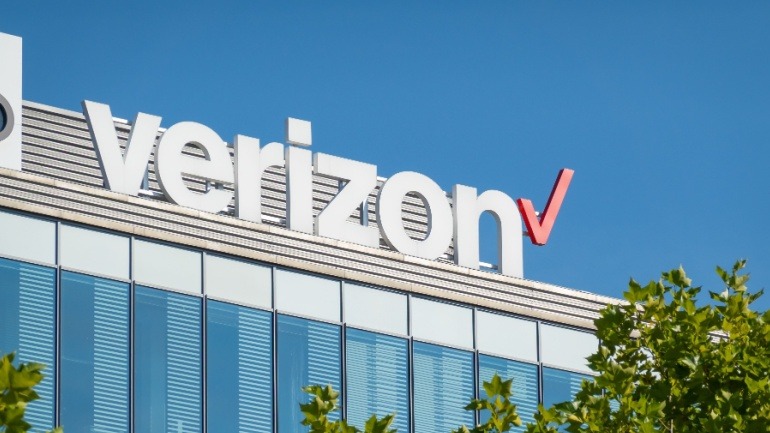Verizon Launches AI Tools to Revolutionize Customer Service and Reduce Churn
Verizon introduces new AI-driven apps aimed at enhancing customer service and retention. These ‘human-assisted’ generative AI tools promise to streamline interactions, reduce cognitive load for staff, and personalize services. The tools include a Personal Research Assistant for staff, intelligent pairing of customers with appropriate representatives, a personal shopper tool, and ‘Segment of Me’ for tailored offers. While not revolutionary, these practical AI applications could give Verizon an edge, especially in reducing customer churn. Verizon’s CEO sees AI as a growth driver, expecting it to double network demand in the next five years, signaling a significant shift in telco operations.
The European Commission Designates Booking.com as Digital “Gatekeeper” and Plans Antitrust Charges Against Microsoft
The European Commission has labeled Booking.com as a ‘gatekeeper’ under the Digital Markets Act, requiring compliance with DMA rules within six months. This move aims to enhance consumer choice and business opportunities in the accommodation sector. Meanwhile, the EU is preparing antitrust charges against Microsoft for bundling Teams with Office, potentially dominating the videoconferencing market. Concerns linger over Microsoft’s actions like optimizing Teams for Windows and compatibility with Outlook. The investigation stemmed from a complaint by Slack in 2020, echoing past EU actions against Microsoft dating back to Internet Explorer.
Telstra International to Establish Regional Network Hub in Guam
Telstra International, a global telecommunications leader, plans to develop a regional network hub in Guam. This move involves establishing a dedicated point-of-presence (PoP) at the carrier-neutral GNC iX data center in Piti, owned by TeleGuam Holdings, LLC (GTA). Guam’s strategic location at the crossroads of major submarine cable routes makes it an ideal digital hub in the Asia Pacific. Telstra’s PoP will meet growing connectivity demands, serving as a key connection point for new cable systems and providing robust services to telcos, enterprises, and government agencies across the Pacific.
US Telcos Struggle to Stand Out in B2B Channel Partnerships
A recent study by GlobalData highlights the challenges facing US telcos in differentiating themselves within the indirect B2B channel. Despite recognizing the value of third-party partnerships, telcos find it difficult to set themselves apart in their propositions. Major network service providers aim to maximize their market reach through reseller and partner programs, yet struggle with overlaps and lack of differentiation. Robert Pritchard of GlobalData emphasizes the need for telcos to treat channel partners as valuable customers and build strong relationships to maximize mutual benefits. The key lies in offering optimal support and understanding partners’ needs for efficient and profitable collaboration.







